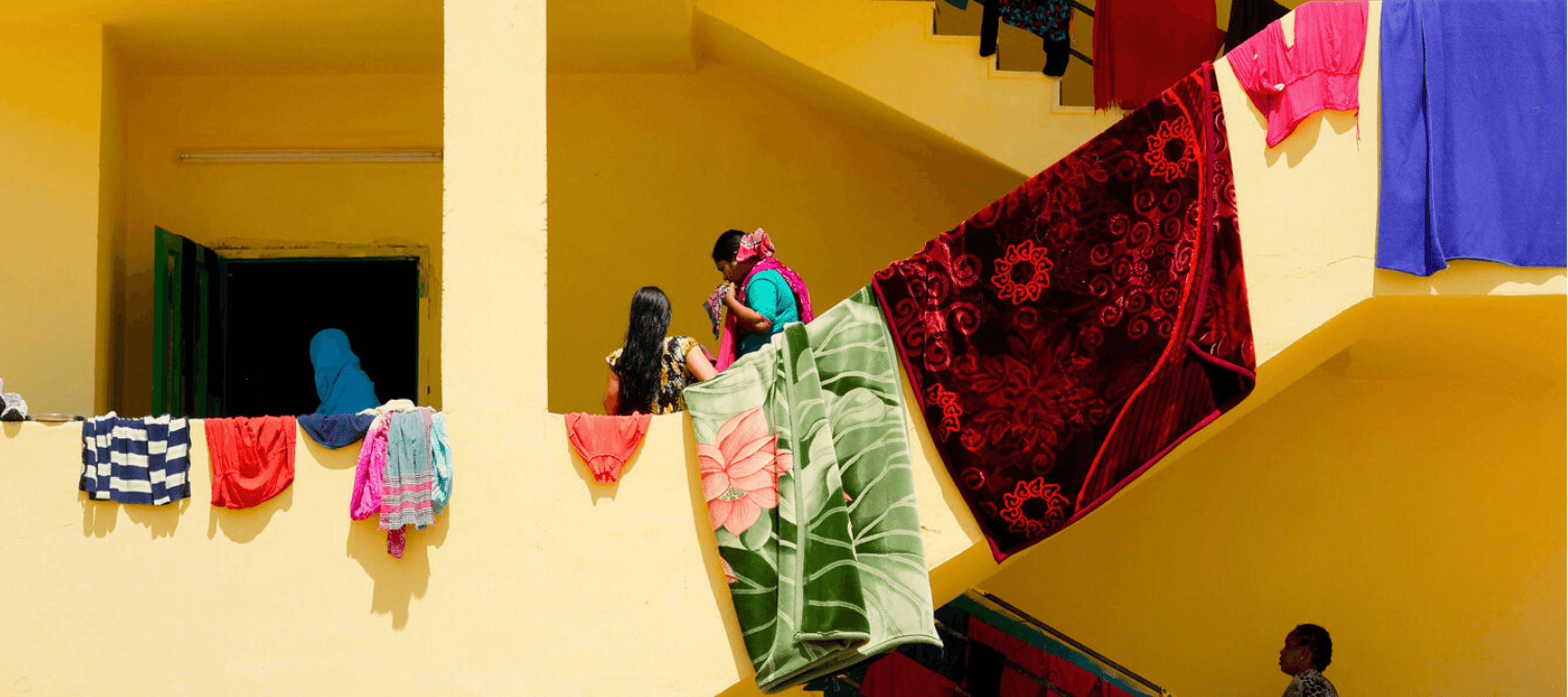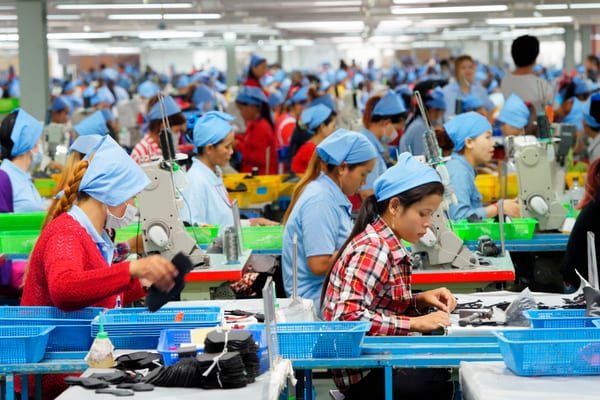Respecting the Human Rights of Women Migrant Workers During Recruitment - A Short Report for Business
6 March 2024

Summary
- Demand for women migrant workers is growing, notably in garment manufacturing, agriculture and food processing, hospitality, care and domestic work, and electronics
- Increasing numbers of women migrate due to a lack of economic or livelihood opportunities, and many experience exploitation and abuse during their journeys and employment
- The payment by women migrant workers of large recruitment fees - costs and charges to secure employment abroad - may leave workers indebted and vulnerable to further exploitations
- Research shows legal standards and international agreements are failing to protect women migrant workers. Sending states in many cases have reacted to reports of abuses by restricting the ability of women to migrate for work rather than ensuring their right to do so safely
- Specific challenges facing women migrant workers seldom feature in major multilateral non-binding standards and guidelines on responsible business practices and fair recruitment, meaning very few businesses have paid attention to these workers as a group facing distinct issues and risks
- This short report from IHRB provides specific recommendations for businesses that can applied in their operations to reduce the risk of exploitation. Recommendations relate to four areas: due diligence, recruitment, equal pay, and grievance mechanisms.
Report background
An estimated 70 million women globally are migrant workers. The majority of these women make vital contributions to the societies and economies of their origin and destination countries. Most are from culturally and racially marginalised communities, and a large majority are in informal employment.
Increasing numbers of women migrate due to a lack of economic or livelihood opportunities in their home countries and far too many experience exploitation and abuse.
As demand for female labour grows, notably in garment manufacturing, agriculture and food processing, hospitality, care and/ domestic work, and electronics, there is greater recognition of how women’s migration experiences differ from men’s, and the specific risks to which they may be exposed.
Responsible recruitment
Recruitment of all migrant workers but particularly those seeking employment in low wage occupations may present many challenges for business.
Businesses will often use the services of recruitment agencies, some of whom will, in turn, rely on a range of intermediaries to find and process migrant workers for contracts abroad. The payment of large recruitment fees, costs and charges to secure employment abroad may leave workers indebted and vulnerable to further exploitations.
This short report provides context and guidance for businesses who employ women migrant workers directly or through their supply chains. It sets out key challenges facing women migrant workers in their migration journey, provides an overview of rights and gaps in protection of rights for women migrant workers in international standards and national laws, and proposes straightforward measures that businesses should take within their own operations to respect the rights of women migrant workers.
Report attribution
In 2023, IHRB, together with Marilyn Croser, Senior Researcher at FairSquare, developed the report “Respecting the Human Rights of Women Migrant Workers during Recruitment - A Short Report for Businesses” and updated the Dhaka Principles for Migration with Dignity Implementation Guide, by adding 40 new implementation points focused on women migrant workers. Both documents are intended to provide clear recommendations for businesses to protect women migrant workers.


